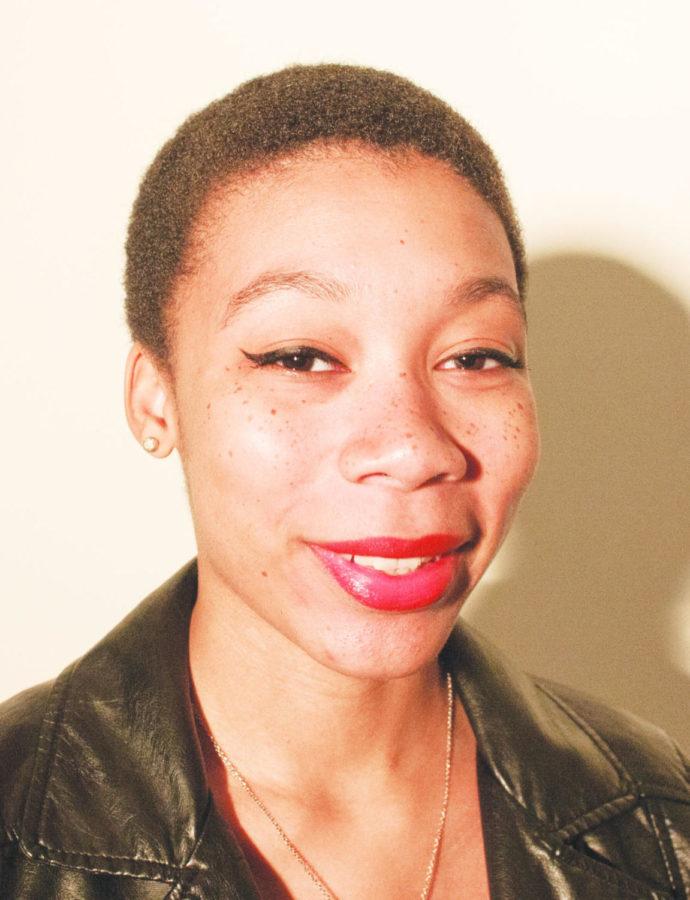Barbie’s new human touch will benefit society
January 30, 2016
There is a new “It Girl” in town to give fashionistas, like Gigi Hadid and Kendall Jenner, a run for their money. Her name is Barbie.
Mattel just introduced the new Barbie Doll, and it is not her occupation that gets a makeover – she got a full-body workup. Soon, people everywhere can purchase Barbies that look a little bit more like humans.
The new doll includes four body types, seven skin tones, 22 eye colors and 24 hairstyles. For all the sentimentalists who think Barbie is worth historical preservation, don’t worry. The original Barbie will still be sold with her classic blonde hair, blue eyes and not-so-anatomically-correct waistline.
Mattel has been busy this past year coming up with surprising looks for Barbie. In September, the company announced that actress and singer Zendaya would be inducted into the “I Have a Barbie of Me” club with a doll replica of her locked-up Oscars look. Mattel is finally realizing its reach and the immense popularity of Barbie, and with this new line, the company is testing the true limits of her fame.
Many people combat this new announcement with, “it’s just a doll,” belittling the importance of this evolution. However, in a world that has its beauty standards plastered on every billboard, magazine and TV screen, girls are subjected to what they “should” look like at a very young age. We have all read them; frightening stories tell of 7-year-olds going on diets. How could it not be a product of what children see and hear?
Representation is pivotal, especially for a young audience with such pliable minds. The new Barbie is a change for the better, and hats off to Mattel for recognizing that.
There is another argument, a bit more understandable, that says while Barbie’s new makeover includes various shapes and shades, it is not enough. When I heard this it made sense, but I think we should take a second to rethink it. To ask one doll to become the representative for womankind is a big task. An impossible one.
It shouldn’t be Mattel’s job to teach our daughters and sisters that they are beautiful no matter what. It is our job, as women who set the standards for ourselves, to make sure girls grow up feeling loved by others and in love with themselves.
Aspen Gage is the assistant features editor of the Kentucky Kernel.




























































































































































